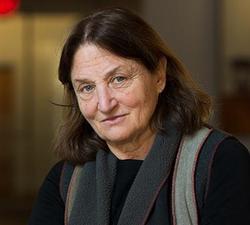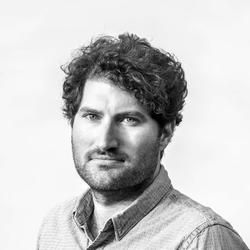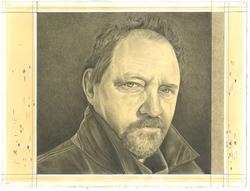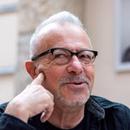The New Social Environment#142
Susan Meiselas, Peter van Agtmael, and David Levi Strauss with Charles Schultz
to
1 p.m. Eastern / 10 a.m. Pacific
This event is produced by The Brooklyn Rail. Learn how you can donate ✨🌈
Photographers and writers Susan Meiselas, Peter van Agtmael, and David Levi Strauss will be in conversation with Rail managing editor, Charles Schultz. We’ll conclude with a poetry reading from Andrei Codrescu.
In this talk
Susan Meiselas

Susan Meiselas has worked as a freelance photographer since 1976. She is best known for her coverage of the insurrection in Nicaragua and her documentation of human rights issues in Latin America. Meiselas has had one-woman exhibitions in Paris, Madrid, Amsterdam, London, Los Angeles, Chicago, and New York, and her work is included in collections around the world. Meiselas has been the President of the Magnum Foundation since its founding in 2007. She also serves on the Advisory Board of the Acumen Fund and the Vera List Center for Arts and Culture in New York.
Peter van Agtmael

Peter van Agtmael is known for his deeply affecting, sometimes surreal images, which explore themes of conflict, history, memory, nationalism, militarism, race and class. He has spent more than ten years covering America’s wars from both sides and countless angles, from embedding with military forces in Iraq and Afghanistan to covering the civilian cost of the wars. He has also extensively documented the Israel/Palestine conflict. Van Agtmael was born in Washington DC in 1981. He was aged 20 and studying history at Yale when during 9/11; an event that would be pivotal in shaping his career. Shortly after graduating, he began documenting America’s conflicts, which continue to be the anchor of his work.
David Levi Strauss

David Levi Strauss is one of the most urgent and critical art writers working today. “The historical record shows clearly that if you try to suppress images, they will come back to haunt you,” Strauss writes in our July 2014 issue, “This is the history of iconoclasm—it really doesn’t work. There are things that people will not accept and will not believe unless they see an image of it. That is so deeply embedded in the human response to the visible world and the world of appearances and the world inside our heads that this is not going to change. The trouble is that these responses are often unconscious, way below the surface, and beyond what is easily accessed, which is what makes images so powerful and so able to control us.” David Levi Strauss’s work focuses on the intersection between image and text, and the third space that is created through that interaction. He has published a book of poetry, titled Manoeuvres: Poems 1977-1979, four collections of essays, titled Between Dog & Wolf: Essays on Art & Politics, Between the Eyes: Essays on Photography and Politics, From Head to Hand: Art and the Manual, Words Not Spent Today Buy Smaller Images Tomorrow: Essays on the Present and Future of Photography, and founded and co-edited ACTS: A Journal of New Writing. His latest work is Co-illusion: Dispatches from the End of Communication, published March 6, exposing a new “iconopolitics,” in which words and images lose their connection to reality.
Charles Schultz

Charles Schultz is the Managing Editor of the Brooklyn Rail.
The Rail has a tradition of ending our conversations with a poetry reading, and we’re fortunate to have Andrei Codrescu reading.
Andrei Codrescu

Andrei Codrescu was born in Transylvania, Romania, reborn at age 19 in Detroit and New York. His first book of poetry was “License to Carry a Gun," and most recently, “The Art of Forgetting.” He writes novels and essays and won the Peabody award for the film “Road Scholar.”
❤️ 🌈 We'd like to thank the The Terra Foundation for American Art for making these daily conversations possible, and for their support of our growing archive.